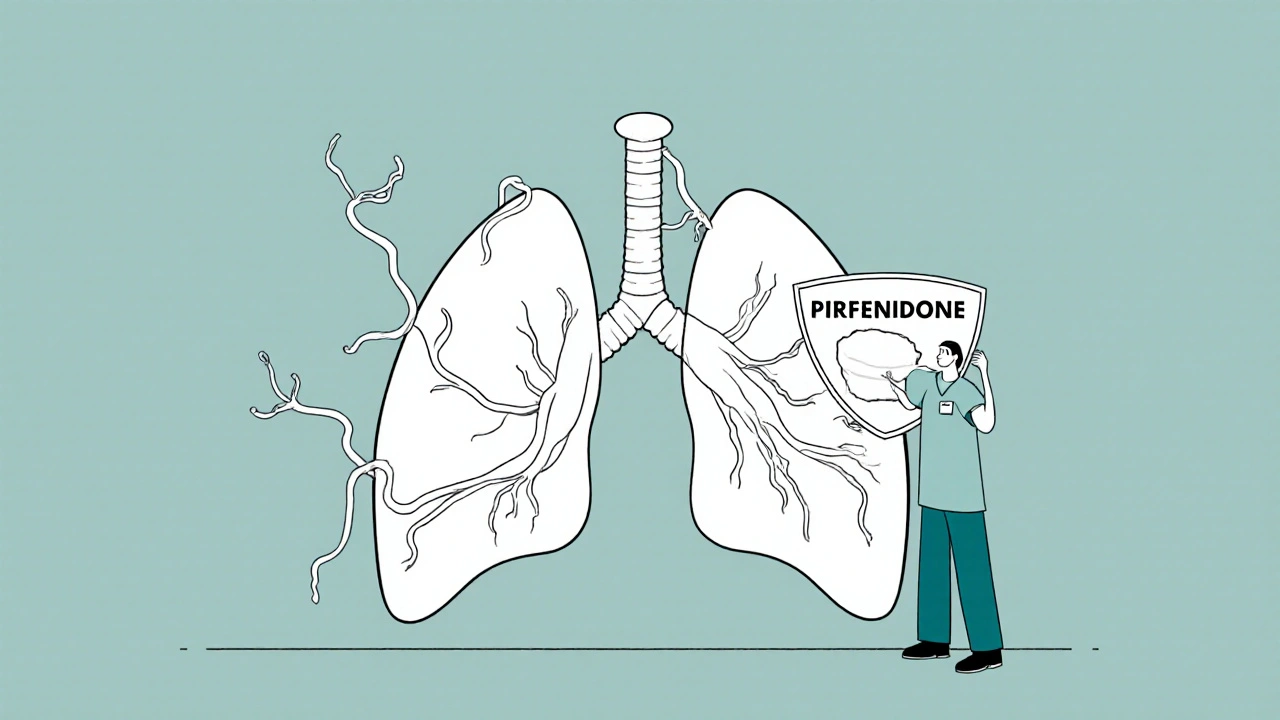Acute Exacerbations: What They Are, Why They Matter, and How to Manage Them
When your chronic condition suddenly gets worse—like when breathing becomes a struggle, coughing won’t stop, or you feel worse than usual—that’s an acute exacerbation, a sudden, severe worsening of a chronic illness, often requiring urgent care. Also known as a flare-up, it’s not just a bad day; it’s a medical event that can send you to the hospital and change your long-term health trajectory.
These events most commonly happen in people with COPD, a group of lung diseases including emphysema and chronic bronchitis that cause airflow blockage, or asthma, a condition where airways swell and narrow, making breathing difficult. But they also show up in heart failure, cystic fibrosis, and even some autoimmune disorders. What ties them together? A trigger—like a cold, pollution, or forgetting your inhaler—pushes an already fragile system past its limit. And once it starts, it doesn’t just fade away. Studies show each flare-up can permanently damage lung function, especially if not treated fast.
That’s why knowing the early signs matters. Is your mucus thicker? Are you more tired than normal? Do you need to use your rescue inhaler more than twice a week? These aren’t minor annoyances—they’re red flags. And managing them isn’t just about popping pills. It’s about having a plan: knowing when to call your doctor, which meds to adjust, how to spot infection early, and when to go to the ER. The posts below cover exactly that—real comparisons of treatments like antibiotics and steroids, how to reduce your risk of another flare-up, and what works better when standard options fail. You’ll find guides on managing COPD flare-ups, what to do during an asthma attack, and how medications like levofloxacin or buprenorphine might play a role in your recovery. No fluff. Just what you need to stay out of the hospital and feel like yourself again.

